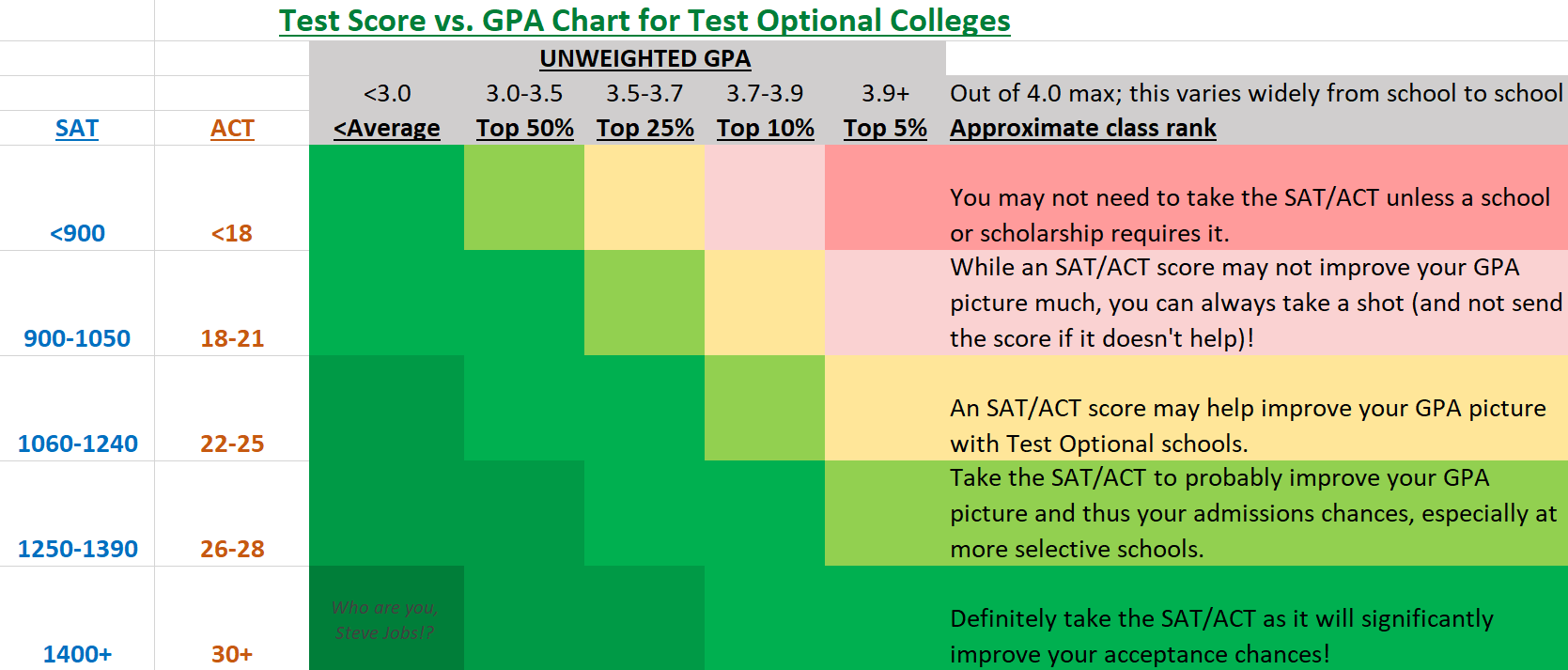|
General Questions:
Paul Jury
Director
(310) 529-7285
paul@pjtestprep.com
|
|
Tutoring Questions:
Linda Townley
Tutor Coordinator
(612) 315-6015
linda@pjtestprep.com
|
What's new?
Download our current Class Schedule here!
(Class schedules subject to change - the online version is always the most recent.)
All PJ Test Prep Classes, Tutoring and Events offer Zoom options for safe, convenient at-home preparation. But we also have many in-person opportunities!
Download our current Class Schedule here!
(Class schedules subject to change - the online version is always the most recent.)
All PJ Test Prep Classes, Tutoring and Events offer Zoom options for safe, convenient at-home preparation. But we also have many in-person opportunities!
|

